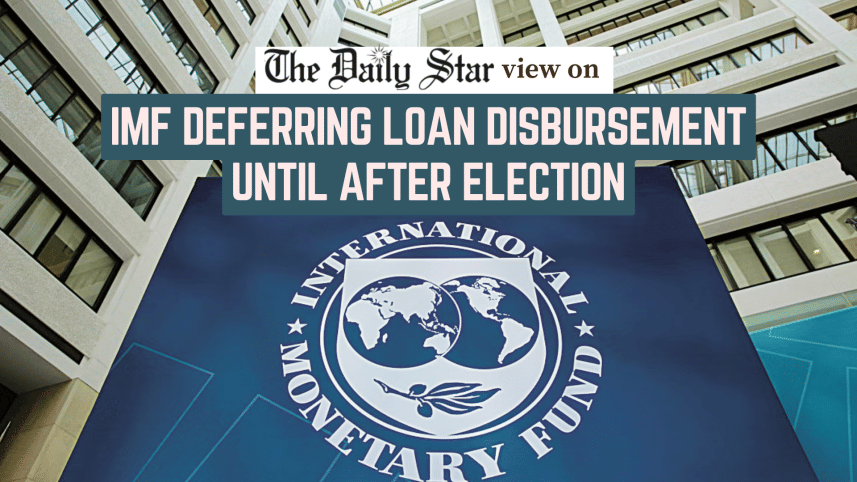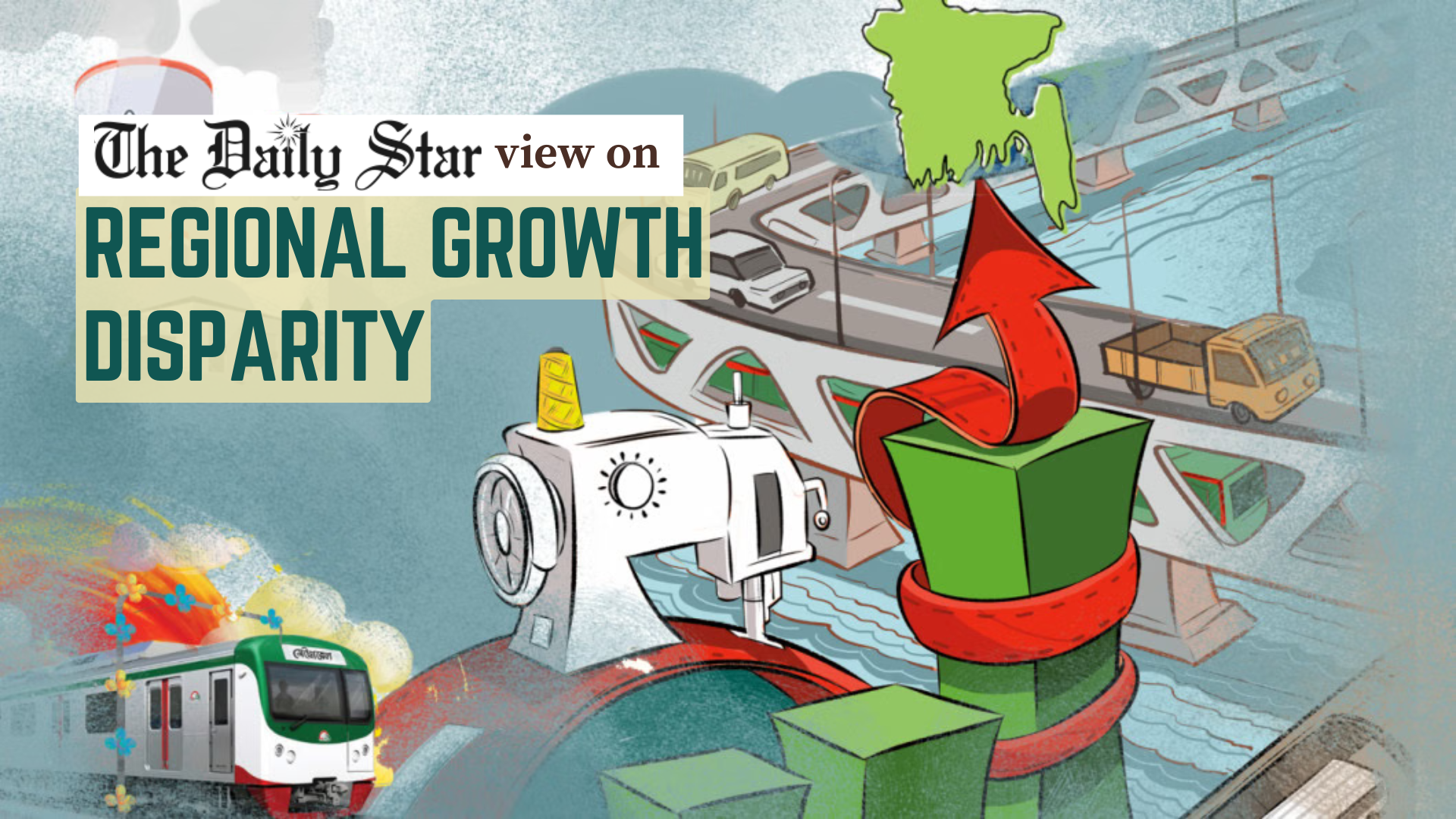Timely election must for economic stability

The usual flow of international financing to Bangladesh has suddenly slowed, and the reason is no longer purely economic. It is now mostly political: the upcoming national election is, at least in part, determining the course of foreign fund disbursement. The International Monetary Fund (IMF) has reportedly signalled a delay in releasing the next tranche of its $5.5 billion loan programme. Its stance—that it wishes to coordinate with the incoming elected government to ensure continuity of reforms—is a thinly veiled expression of caution that any attempt to defer or derail the election plan will carry an economic cost.
We must remember why Bangladesh turned to the IMF in the first place. The Hasina administration's narrative of economic success concealed deep structural weaknesses. Beneath an appearance of stability lay troubling vulnerabilities: rapidly declining foreign exchange reserves, persistent inflation, chronically weak tax collection, etc. Under the current interim administration, however, the economy has shown tentative signs of stabilisation and recovery, thanks to painful but necessary reforms initiated under the IMF programme. This progress, however fragile, is a hard-earned victory that Bangladesh cannot afford to lose. A reversal now would squander the sacrifices already made. The new government, regardless of who leads it, must stay the course.
For now, what's clearly needed is the timely conduct of a national election, as planned in February, to install a government with a legitimate popular mandate. Any disruption or compromise in this process would compromise the economy itself, among other things. Only a duly elected administration will have the strong political capital needed to complete unfinished reforms.
However, with the election just four months away, major political parties remain locked in disputes over the neutrality of the interim government and the Election Commission. Each side accuses the other of manipulating the administration in the run-up to the polls. The BNP alleges that individuals aligned with Jamaat-e-Islami have been favoured in key administrative reshuffles. Jamaat, in turn, claims that certain advisers are working for a rival party's interests. Meanwhile, the NCP accuses both BNP and Jamaat of dividing critical administrative and police posts among their loyalists. This atmosphere of mutual suspicion and political brinkmanship only raises concerns about our democratic transition, and of course the election itself, which risks upsetting our investors, lenders, and development partners.
The subtext from global financial institutions is unmistakable: they demand predictability. The current reform agenda—addressing banking inefficiencies, boosting revenue, and removing distorting subsidies—is painful but essential. A timely election would reassure the IMF, the World Bank, and foreign investors that Bangladesh remains a stable and credible bet. Conversely, a disrupted or delayed election would only erode confidence. The IMF programme could stall altogether, jeopardising the remaining $1.9 billion. Beyond the immediate financial implications, domestic unrest would deter foreign direct investment and threaten Bangladesh's hard-won reputation as a reliable manufacturing hub.
Political parties must, therefore, rise above zero-sum partisan battles and recognise the election as a cornerstone of national economic resilience. The government, for its part, must remain resolute in ensuring that the election proceeds as planned.



 For all latest news, follow The Daily Star's Google News channel.
For all latest news, follow The Daily Star's Google News channel. 
Comments